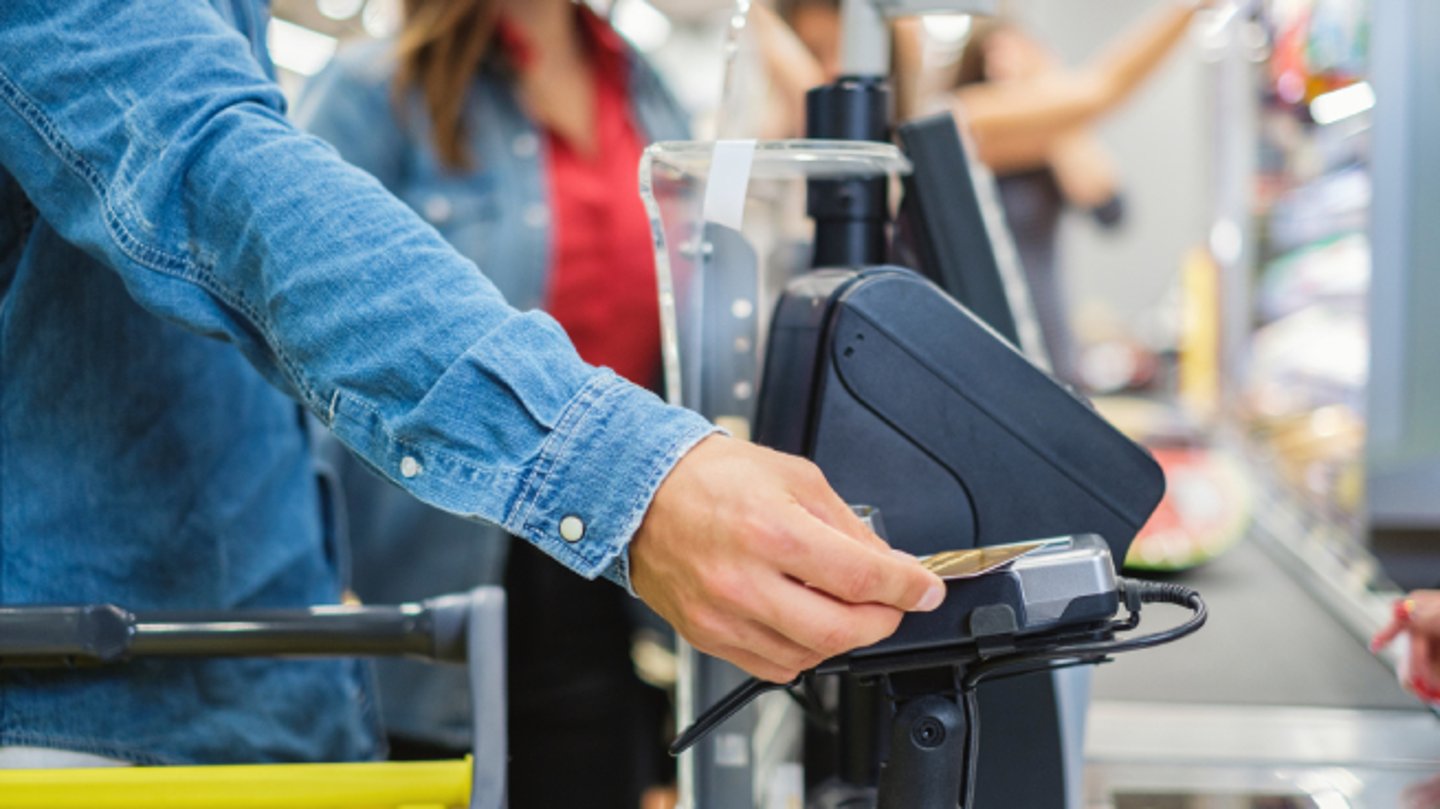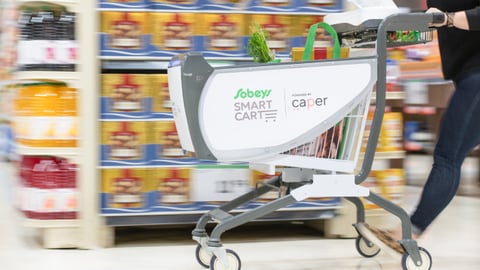Cashless grocery stores? Not so fast, Canadians say: Survey
Cards may be king, but grocery shoppers are not ready to do away with cash.
That’s a key takeaway from the latest study from Dalhousie University’s Agri-food Analytics Lab (AAL), in partnership with Angus Reid. Entitled, Cashed Out: How a Cashless Economy Impacts Your Grocery Experience, a Canadian Perspective, the report aims to help researchers understand how people perceive today’s increasingly cashless shopping experience, through a survey of more than 1,500 Canadians.
When it comes to how shoppers typically pay for groceries, credit and debit are most popular with Canadians. On average, only 6% of Canadians still pay with cash exclusively. Manitoba has the highest percentage of cash payments at 13%, followed by the Atlantic region at 11%.
Credit cards are the most popular payment among B.C. grocery shoppers (58%), while debit cards are the most popular payment in Saskatchewan (51%).
While Canadians prefer cards to cash at the grocery stores, most don’t support a cashless economy. More than half (53%) consider a cashless economy to be a threat to their own privacy. The report notes digital transactions often involve collecting and sharing personal information, such as names, addresses and credit card numbers, which can get into the hands of cybercriminals. Grocers may also use the data for targeted advertising or other purposes, without the individual's knowledge or consent, the report states.
“There have been a lot of under-reported and maybe even unreported instances of privacy breaches in many retail stores,” says Janet Music, research associate at AAL.
“People are unaware of when [data breeches] can happen and how these can impact them, and that makes people nervous. But at the same time, we’re in a high inflationary environment, so many people have to use their credit cards to make it to the next paycheque.”
Where Canadians feel strongly about a cashless grocery store is on the topic of discrimination. Nearly three-quarters (73%) believe a cashless grocery store can be discriminatory, with Quebec having the highest percentage (78%). That’s followed by Ontario and B.C. (both at 72%), Alberta and Atlantic Canada (both at 70%), Saskatchewan (68%) and Manitoba (67%).
The report points to the socioeconomic downsides of a cashless economy, explaining how people who are unbanked or underbanked, such as those experiencing homelessness or living in poverty, may not be able to buy groceries at cashless stores.
“For grocers, not having money to handle and manage certainly has its upsides, but Canadians clearly see cash as a social enabling tool more so than an economic one,” said AAL director Sylvain Charlebois, in the report.
According to the Financial Consumer Agency of Canada (FCAC), in 2022, an estimated 6% of Canadian households, or 1.5 million households, were unbanked, meaning they had no account at a financial institution. Furthermore, around 15% of Canadian households were considered underbanked, meaning they had an account at a financial institution but still used alternative financial services such as payday loans or cheque cashing services.
Music says while there’s a push for cashless stores, Canadians expect a more inclusionary approach when paying for groceries. “That stems from our need to have choices and not feel like we are pigeon-holed into using one payment form or another because each one has pros and cons,” she says.
While 74% of Canadians believe that not using cash is convenient, most don’t foresee grocery stores going cashless in the near future. Just over a quarter (26%) believe grocery stores won’t accept cash within five years.



